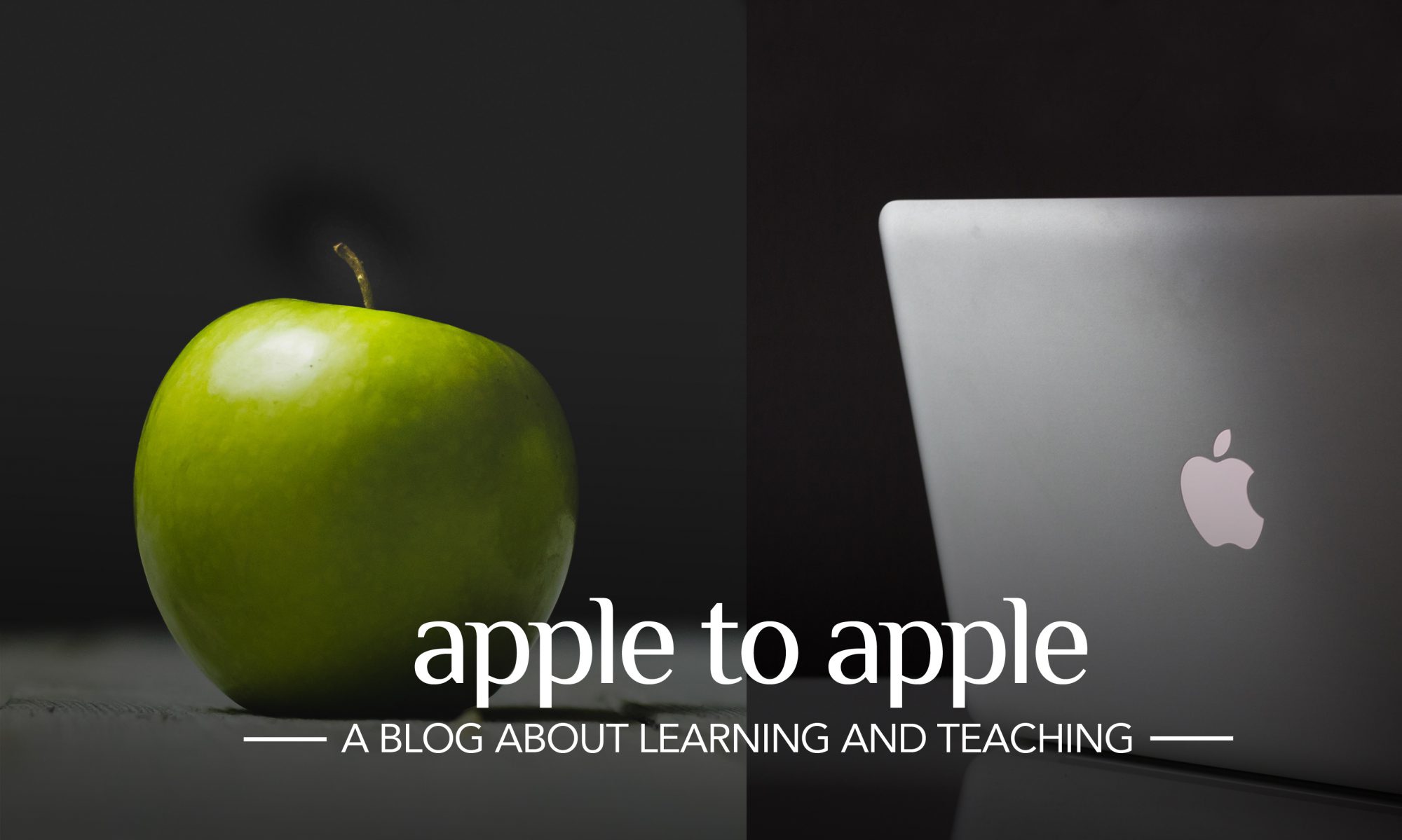Last week, I sat in my dad’s hospital room. I watched as the IV dripped pain medication and the crease lines on his forehead eased. I saw his eyes droop. I dimmed the lights and his breathing deepen. And finally he slept. But a moment later, the door flew open, the lights switched on, and a cheery voice asked if any visitors wanted a cookie.
“None for you!” she said to my dad who peered out from under heavy eyelids. “You’re on a special diet.”
So we tried for sleep again—pulling the widow shade, straightening the sheets, and adjusting the pillow.
But the interruptions kept coming—the phlebotomist after blood, housekeeping to empty the trash, beeping from the IV pole, a volunteer with a therapy dog, the intern with questions my dad had already answered five times. And when the nutritionist came in to see if we had any questions, I couldn’t help myself. I shushed her, like a bossy mom.
Through all these interruptions, though, I knew my dad was in a good hospital. The people who drew blood from my dad and fed him and took his blood pressure and made decisions about his surgery and gave him pain relief were experts. I’m glad my dad was so checked-on—and with such efficiency and professionalism.
And I had to admit, that from that bedside perspective, I recognized myself.
Way too often, I had been the expert bursting through the door of my classroom ready to ply the tools of my trade on students, as if they were objects. I had seen them as a means to fulfill my professional goals as a teacher—to raise test scores, for example, or to boost attendance rates. Too many times, I was so aware of a diagnostic measure I was about to dispense that I forgot to notice drooping eyes.
I’m glad my dad’s hospital had therapy dogs and cookies and people to draw blood. But I also I wish they had a sign to hang on a closed door: Enter Quietly; Patient Sleeping.


Something many of us have felt, as told by an incredibly talented wordsmith. A great read.
LikeLike
Thanks, Brady! I hope you are staying safe!
LikeLike